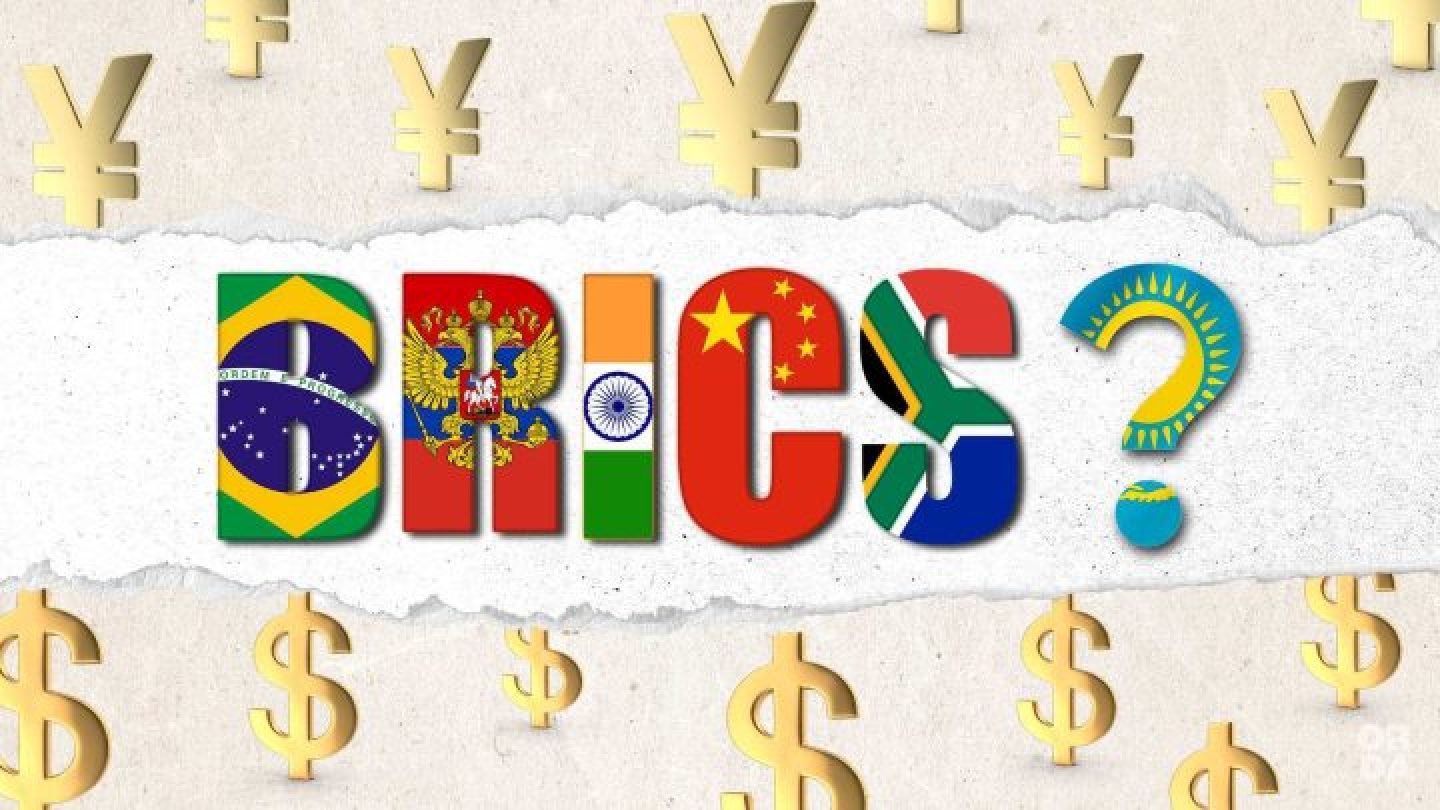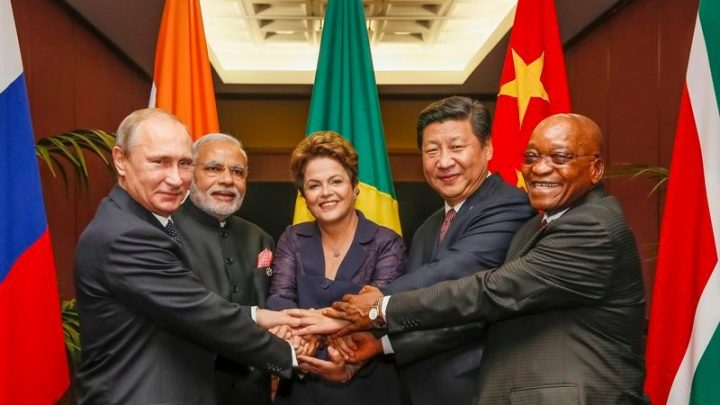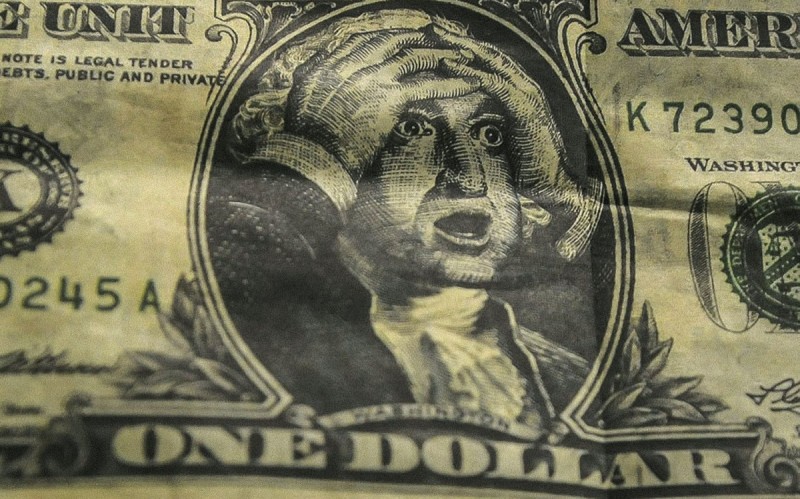Experts Speak on Kazakhstan Wanting to Join BRICS.
 Orda
Orda
Orda recently reported that Deputy Minister of Foreign Affairs of Kazakhstan, Kairat Umarov, said that Kazakhstan is interested in becoming a BRICS member. Representatives of our country visited Cape Town, where a BRICS+ meeting was held as "friends" of the organization. BRICS's "friends club" also includes Argentina, Bangladesh, Burundi, Gabon, Congo, Egypt, Iran, Indonesia, Comoros, UAE, Saudi Arabia and Uruguay.

BRICS is an interstate association and a union of five states: Brazil, Russia, India, China and South Africa. Joining such an organization would be a historic event for Kazakhstan. But what would it give our country? What are the benefits and what are the risks of joining? Orda.kz discussed this with Kazakhstani experts.
Risks of Accession and BRICS as G7 Counterweight
Economist Arman Beisembayev assesses Kazakhstan's motives to become a part of the organization as such:
"There are no risks in joining the BRICS for Kazakhstan. At least not yet. But this is an integration process that works to reduce the likelihood of future conflicts. This is because with membership, the state has a platform with the opportunity for dialogue with other countries (and these are not only BRICS members).
BRICS is more of a club of interests, including large economies of the second world (or, in simple terms, developing countries). Therefore, this is a kind of counterweight to the existing G7, which, as you know, includes only developed countries. BRICS claims to create its own economic zone in a world where deglobalization is taking place. This is partly due to the disappointment of developing countries in the unipolar world with the inability to become part of the so-called developed and free world."

BRICS Can Provide Kazakhstan with Development Boost
Taisiya Marmontova, an expert on international relations, assesses the likely entry into BRICS in this way:
"The membership of the Republic of Kazakhstan in the BRICS will give the republic an additional tool of multi-stage dialogue or multilateral diplomacy, which gives a good impetus to development. BRICS is actively gaining momentum, and this suggests that the format (and even the goals) of the organization may change."
Membership in BRICS does not pose tangible risks for Kazakhstan, Marmontova believes.

Following Astana’s multi-vector policies, The Republic of Kazakhstan tries to participate in all international organizations. Kazakhstan defends its positions and works to ensure that participation in these organizations fosters the country’s development.
The expert says such regional associations and formats will to some extent allow the system of international relations to "reboot". This is necessary for global stability.
Marmontova believes that such strengthening of regional institutions will allow Kazakhstan to find a way out of global geopolitical turbulence.
Will BRICS Be Able to Offer an Alternative to The Dollar?
Economist Arman Beisembayev believes that this is extremely unlikely. Indeed, the west is still the global "technological center". China, one of the leaders and main initiators of BRICS, critically depends on Western technology.

Without the dollar, the BRICS countries will lose access to Western know-how. Or, by introducing the yuan at home, the participating countries will willingly have to buy dollars and euros so as not to lose access to innovation, the economist says.
"Even if the BRICS countries experience an unprecedented economic rise, the introduction of their own currency, be it the yuan or something else, is a long and complicated process. To do this, you need to create your own bank, like an analogue of the World Bank. The process also involves the synchronization of customs, fiscal and financial policies and other economic parameters for the introduction of its own currency. All this may take fifty years, about as long as the European Union went to this with the euro."
The expert added that if China wants the yuan to replace the dollar, the country should liberalize its economy and financial system. The Chinese authorities do not have such plans at least in the near future, Beisembayev notes. However, America, whose currency maintains its global dominance to this day, went through this process at one time.
Original Author: Tamerlan Salyq
DISCLAIMER: This is a translated piece. The text has been modified the content is the same. Please refer to the orignal piece in Russian for accuracy.
Latest news
- Kazakhstan Lifts Gallium Export Duty
- Chinese Firm Proposes to Fund New Port and Logistics Hub in Mangystau Region
- ForteBank Stock Soars on Home Credit Deal, Then Plunges 30% in a Day
- Coins Believed to Be Tied to Kairat Satybaldyulyuly to Be Auctioned
- Ukraine’s Military Intelligence Chief Says Ceasefire Should Come Before Year’s End
- Kyrgyz Citizen Fined in Kazakhstan for Carrying Banned Book Across Border
- Trial of Former Financial Police Officers in Khorgos Case No. 1 Closed to Public Over State Secrets
- Kazakhstan to Ban Outdoor Currency Rate Displays at Exchange Offices Starting September
- Armenian Court Orders One-Month Detention for Tashir Pizza Executive Amid Ongoing Investigation
- Kazakhstan May Require Banks to Offer Deferrals to Socially Vulnerable Borrowers
- Almaty Utility Pursues Debt Collection for Unpaid Heating and Hot Water Bills
- Kazakhstan and Afghanistan Sign Railway Memorandum
- Kazakhstan's National Bank Keeps Interest Rate at 16.5%, No Cuts Expected Until 2026
- Vyacheslav Kim Finalizes Purchase of Alatau City Bank
- Wild Arman Associate Detained in UAE Over Alleged Role in Qantar Riots
- Ulytau Region Akim Sues Woman for 495,000 Tenge Over TikTok Video
- Ukrainian Entrepreneurs Move to Buy BTA Bank from Kazakh Businessman Kenes Rakishev
- Kazakhstan’s Foreign Debt Hits 170.5 Billion USD in Q1 2025
- Regulator Flags Pricing Issues in Yandex Go Audit, Company Ordered to Adjust Policies
- Azattyq Prepares Lawsuit Against Kazakh Foreign Ministry Over Denied Press Accreditations

